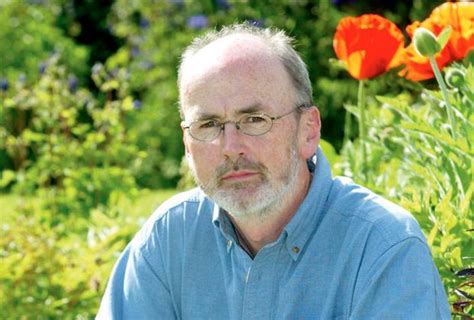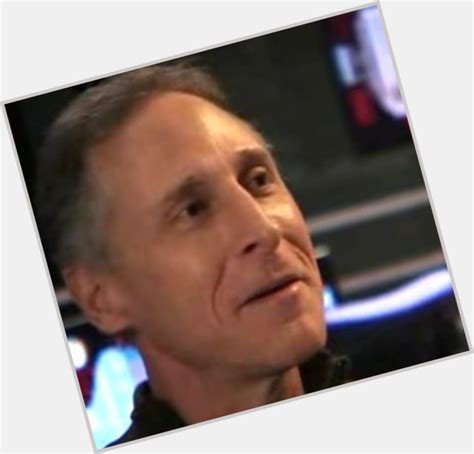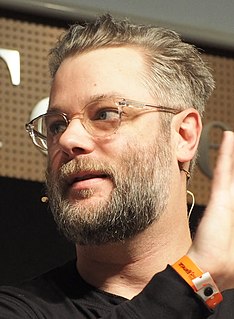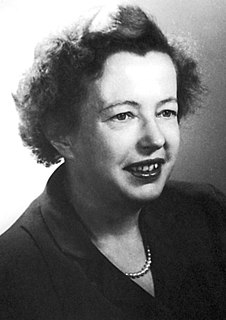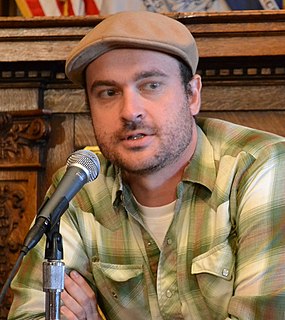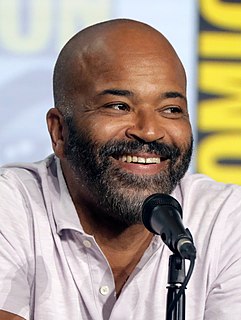A Quote by Maya Lin
Math, it's a puzzle to me. I love figuring out puzzles.
Related Quotes
Stop trying to figure it out. I love puzzles, but when I'm done putting together a puzzle, I feel accomplished, and then I wonder, "What's next?" Then I go start another puzzle. Life is a puzzle that I feel like we'll never fully put together. And I like that because, ultimately, I don't want to have life figured out and then wonder, "What's next?" That seems scary to me.
Puzzles are great because they're fun. But really we are drawn to puzzles because they can be solved. We love the idea of being able to put a puzzle together and it being complete: you do it perfectly, step away, and you've completed the job. There's a deep satisfaction from that, and I think we wish for the ability to do that with everything. But emotions just don't work that way, people don't work that way, relationships don't work that way.
You know, people call mystery novels or thrillers 'puzzles.' I never understood that, because when I buy a puzzle, I already know what it is. It's on the box. And even if I don't, if it's a 5,000-piece puzzle of the 'Mona Lisa', it's not like I put the last piece in and go, 'I had no idea it's the 'Mona Lisa'!'


